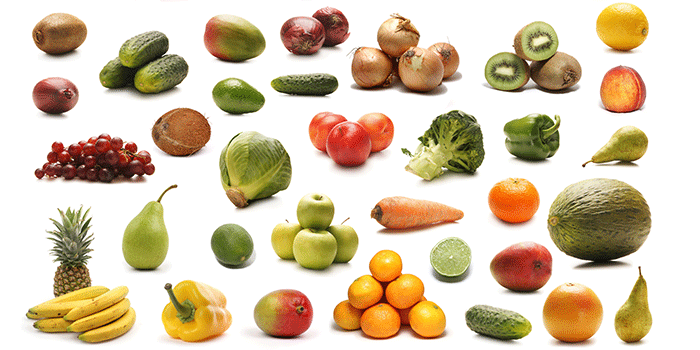If you want to reduce the amount of pesticide residue you consume via the food you eat, it would be a good start to begin eating Danish produce as much as possible.
A new report from the national food institute, DTU Førevareinstituttet, shows that Danish fruit and vegetables contain far less pesticide than goods from abroad – in the EU and beyond.
The report, which is based on an analysis of 200 types of food products and about 300 different kinds of pesticides, showed that pesticides were found in 45 percent of Danish fruit, compared to 72 percent of fruit from the EU and 74 percent from outside the EU.
Some 27 percent of the Danish vegetables revealed traces of pesticide, compared to 55 percent of tests of EU-produced vegetables and 43 percent of vegetables from outside the EU.
READ MORE: Pesticide residues found in commonly-eaten foodstuffs
Ode to organic
The trend was the same with other goods, where pesticide was found in 33 percent of goods from abroad and just 10 percent of Danish goods.
The results mean that eating only Danish produce could nearly halve the intake of pesticides, while eating organically could avoid them all together – despite the fact that DTU Førevareinstituttet found traces of pesticide in 8 out of 246 (3.3 percent) tests of organic goods.
Two tests – of mangos from Laos and turnips from France – revealed a level of pesticide considered health hazardous, and the products have since been recalled. Read the entire report here (in Danish).
















